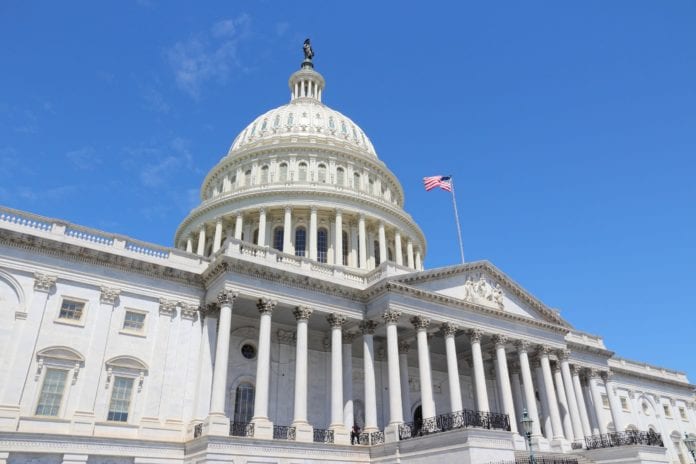A bipartisan group of Senators has renewed an effort to pass a bill focused on coordinating federal efforts on telecom workforce development, including apprenticeships and emphasis on the needs of rural areas. A similar bill was introduced around this time last year, but the effort may get a different reception with the change in the balance of power in the Senate and the White House.
The Telecommunications Skilled Workforce Act was introduced by Senators John Thune (R-S.D.), Jon Tester (D-Mont.), Roger Wicker (R-Miss.), Gary Peters (D-Mich.), and Jerry Moran (R-Kan.).
“This legislation is a win-win when it comes to deploying 5G technology and rural broadband services to South Dakotans, while also ensuring skilled workers have the training necessary for good-paying jobs in the telecommunications industry,” said Thune in a statement on the legislation. “South Dakota’s technical colleges lead the way, and this bill gives our schools’ graduates even more opportunities to succeed.”
“As our country moves quickly toward full-scale deployment of 5G, addressing the needs of our nation’s telecommunications workforce is a critical step to realizing the promise of this technology,” said Wicker. “Substantial skill and labor will be required to build out and maintain next-generation broadband networks. This legislation would identify the necessary resources to improve 5G workforce readiness.”
The bill would establish an interagency working group, led by the Federal Communications Commission, which would work with the Department of Labor and other stakeholders to develop recommendations based on the telecom industry’s workforce needs; issue guidance to states on what federal resources exist to help them alleviate workforce shortages; and direct the Government Accountability Office to study just how many skilled telecom workers will be needed to build and maintain broadband and 5G networks, including in rural areas.
Last year’s version of the bill had the Department of Labor, rather than the FCC, as the lead agency on the working group.
WIA President and CEO Jonathan Adelstein called the bill “the right initiative at the right time because it will spur urgently needed action to develop the trained workforce the U.S. needs to win the global race to 5G. It will coordinate and focus federal attention on wireless workforce development so that the entire economy can benefit from the three million jobs and $500 billion in growth 5G will create.” NATE and CTIA also indicated its support of the bill; those three organizations were among those which recently sent a letter to President Joe Biden and both houses of Congress, urging them to make workforce skills development part of any major infrastructure bills.
“The U.S. currently faces a shortfall of skilled workers needed to deploy broadband across the country, to win the race to 5G, and to ensure robust fiber, mobile, and fixed wireless networks. Needed investments in broadband infrastructure will increase demand on a labor force already in short supply,” the associations wrote in a joint letter.

